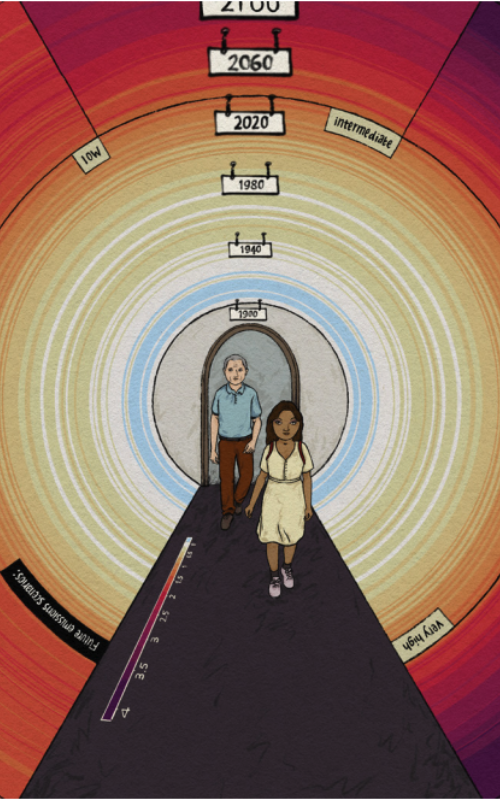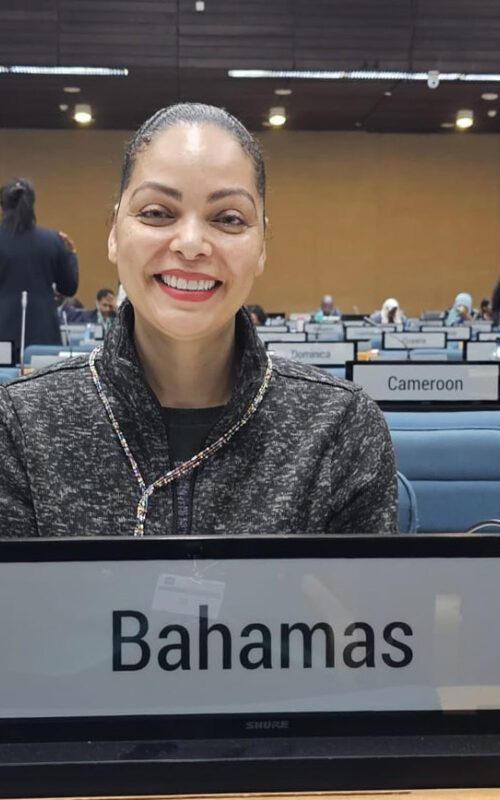Press releases
Media contacts:
press@climateanalytics.org
+49 1525 6124 061
Sign up to our media mailing list to receive our press releases and media alerts.

An independent analysis of the projected emissions from the Northern Territory's proposed Beetaloo Basin gas fracking project — and the associated Middle Arm LNG precinct in Darwin Harbour — has found they've been gravely underestimated, as have the availability of offsets to deal with them.

We pay tribute to the highly revered climate expert and advocate Saleemul Huq, who passed away suddenly this Saturday.

Three leading comic creators have collaborated with the Horizon Europe project, CONSTRAIN, to develop comics exploring the climate change challenge.

Dr. Adelle Thomas elected as Vice-Chair of the IPCC's Working Group II contribution on on Impacts, Adaptation and Vulnerability for the seventh assessment report cycle

This new study finds that the jet stream – air currents in the upper atmosphere – can synchronise extreme weather caused by climate change, resulting in crop failures in multiple countries at the same time.
